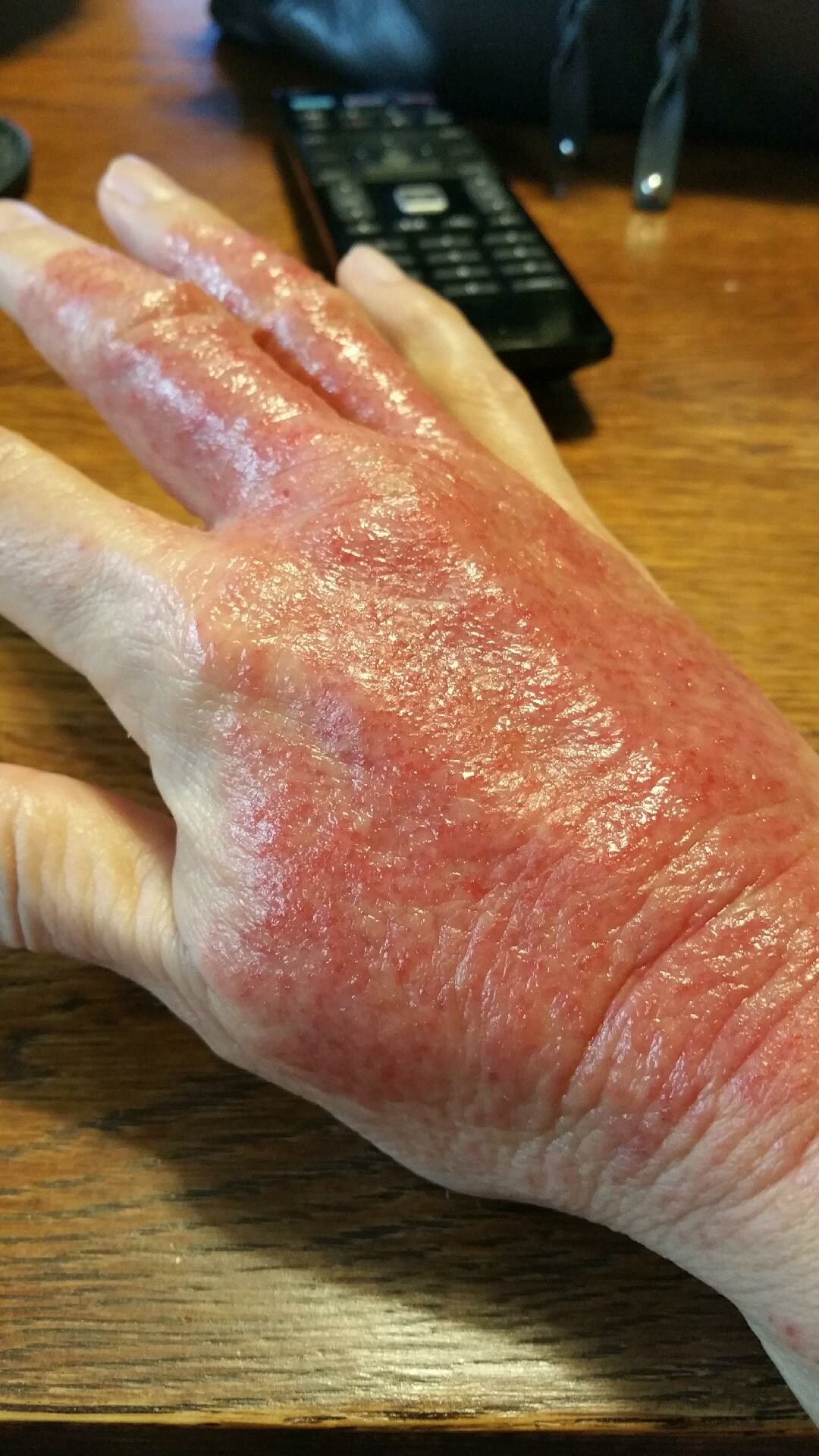
When most people think of gluten, visions of bread, pasta, and other mouth-watering wheat products likely come to mind. Usually, gluten is associated with gastrointestinal issues – think bloating, indigestion, and celiac disease. However, research shows most people (90%) with some form of gluten sensitivity do not experience these symptoms. Instead, it manifests itself neurologically. This should not be surprising since the gut is often termed "the second brain". There is a deep "gut-brain" connection which means what goes in the gut ... what you eat ... will affect your brain.
Remember, approximately 70% of your immune system is in your gut. So, when something you eat triggers immune cells in your gut, immune cells in your brain are activated, mistakenly identifying brain tissue as gluten and then doing their job by attacking and destroying it. This triggers a domino effect:
- gut inflammation leads to brain inflammation
- brain inflammation triggers brain autoimmunity
- brain autoimmunity increases brain degeneration
- brain degeneration can cause (just to name a few):
- cognitive decline, including memory loss and difficulty focusing
- motor dysfunction, such as balance problems and muscle weakness
- mood disorders, including depression and anxiety
- headaches and migraines
- confusion and disorientation
White Matter Lesions (WML)
Gluten sensitivity is increasingly being recognized as a neurological condition rather than just a digestive one. White Matter Lesions (WML) are commonly attributed to aging, hypertension, diabetes, and high cholesterol. Often found in older adults, these lesions can lead to cognitive impairment, motor dysfunction, and other neurological symptoms. Published research, however, has shown an unexpected contributor to WML ... gluten sensitivity.
Several studies have made a strong case for the link between gluten sensitivity and White Matter Lesions. Researchers have found that individuals with gluten sensitivity are at a higher risk of developing WML in the brain. These lesions can disrupt normal brain function, leading to cognitive decline, mood disorders, and even severe neurological diseases like MS.
Given the variety of symptoms, WML can be misdiagnosed or overlooked, particularly if gluten sensitivity is not considered as a potential cause.
White Matter Lesions are linked to several neurological diseases, the most notable being Multiple Sclerosis (MS). Other conditions associated with WML include:
- Vascular dementia
- Alzheimer's disease
- Stroke
- Progressive multifocal leukoencephalopathy (PML)
- Small vessel diseases
A Transformative Testimonial
One of the most compelling pieces of evidence comes from personal stories that underscore the significant impact of addressing gluten sensitivity. After sharing a post from Datis Kharrazian, PhD, DHSc, DC, a friend sent me this personal message: 

This testimonial highlights the potential for significant health improvements when gluten sensitivity is properly diagnosed and managed.
Gluten Cross-Reactivity
Sometimes the body will "cross-react" with foods that it mistakes as gluten because their protein structure is similar to gliadin in gluten:
- dairy
- other grains including barley, rye, oats, corn, rice, millet, etc.
- yeast
- quinoa, buckwheat, amaranth
Even your brain tissue can cross-react with gluten. This is because the proteins in gluten and brain tissue have "identical" amino acid sequences. This means the immune system will view the brain tissue as the "enemy", will attack the tissue and destroy it. If that wasn't bad enough, the part of your brain called the "cerebellum" is super sensitive to gluten. This means gluten antibodies produced by your body will bind to this "cerebellum" tissue, triggering the immune system to attack and destroy ... a double whammy.
Moving Forward
Neurologists typically do not do gastrointestinal, food sensitivity protein testing, or celiac screening. Since only approximately 13% manifest gastrointestinal symptoms, most with neurological problems will not be referred to a gastroenterologist. Understanding the multifaceted impact of gluten sensitivity is crucial for those experiencing unexplained neurological symptoms. By recognizing gluten's role in conditions like White Matter Lesions, you can take proactive steps in your diet to alleviate symptoms and improve your quality of life.
If you suspect that gluten sensitivity may be affecting you or a loved one, consult a healthcare provider or a naturopath for testing and guidance. Dietary changes, supported by nutrition and supplements, can offer a transformative path to better health, as illustrated by the shared personal experience.
For more exclusive insights and personalized support on your wellness journey, contact me or inquire about a biosurvey by clicking here.
Resource:







